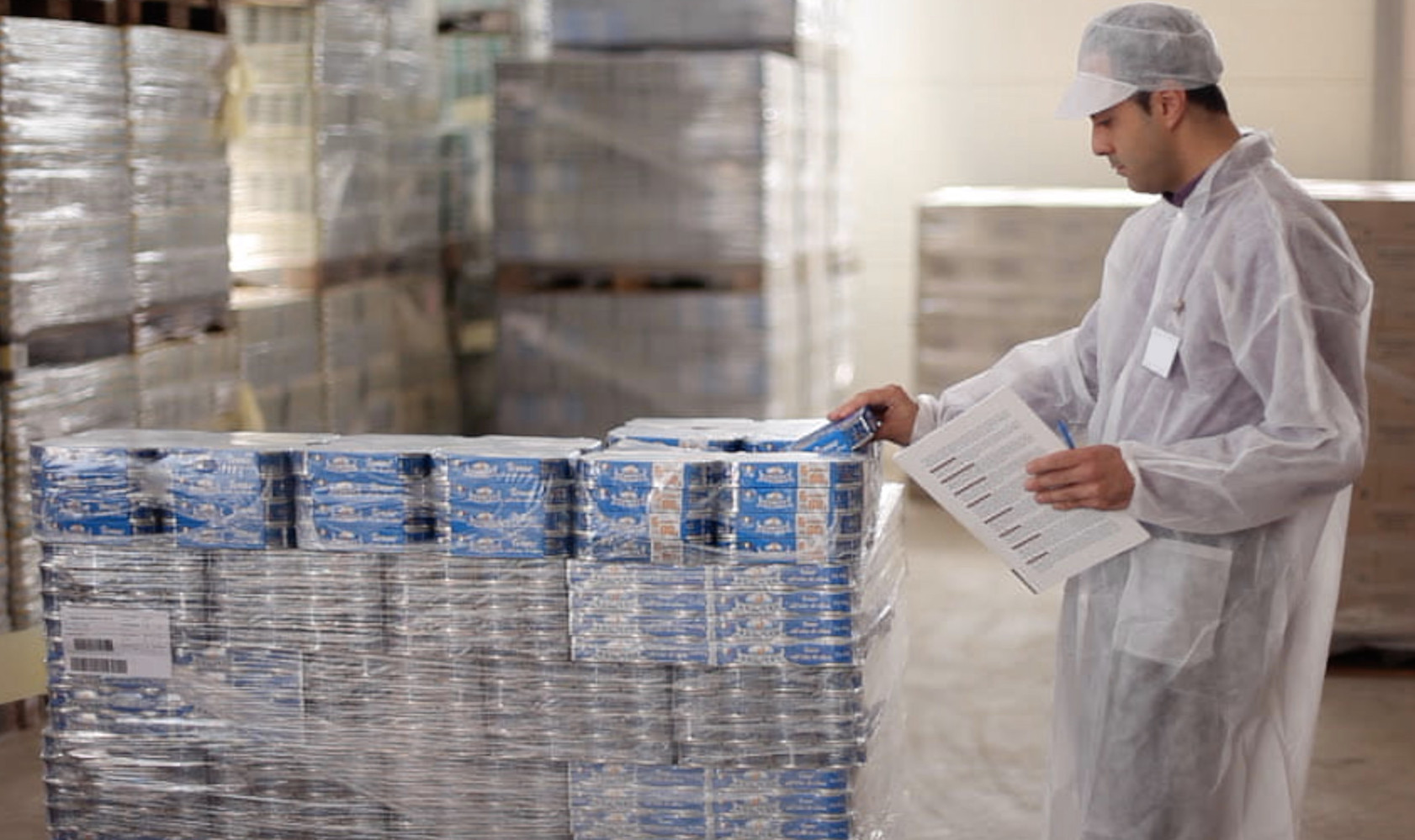The world’s fish stocks are now in widespread decline. As set down in the most recent Food and Agriculture Organization of the United Nations (FAO) report, maximally sustainably fished stocks accounted for 61% of the world’s total fish stock, while 29% of the world’s stock is caught beyond sustainable limits, 3% is depleted and only a mere 1% is being replenished (FAO, 2012). An act of overexploitation which, together with other sources of strain and overuse, has led to a drastic alteration of the ecosystems and has led to growing concern about the quantities and methods of fishing.
Fish and fishery products represent a very valuable source of protein as well as being a crucial source of employment worldwide.
In the past attempts were made to restore marine and coastal ecosystems, through a number of different solutions, often put forward by environmental organizations, including the development of governance plans and social marketing campaigns.
Seafood ecolabelling is the tool that allows operators in the fishing industry to respond to consumer concerns about the environmental impact and sustainability of fishing, promoting responsible fishing practices that minimize the impact on other species and on the marine ecosystem (reduction of throwing back discards ) and stimulatimg management and operational plans for fisheries aimed at allowing fishing stocks to become replenished
One of the main objectives of seafood ecolabelling – including MSC, Friend of The Sea, ASC, etc. – is to provide market-based incentives to make fishing practices sustainable
The Milan Center for Food Law and Policy, on behalf of Federpesca, the National Federation of Italian companies working in the fishing industry, and in partnership with the association Friend of the Sea, has carried out research specifically aimed at understanding and analyzing in depth the legal and economic aspects of the certification of fishery products, from a social responsibility and environmental sustainability standpoint.
The focus of the report was the identification of the main macroeconomic trends regarding investments in sustainability in the fishing industry, setting out to investigate further the relationship between seafood ecolabelling and the competitive scenario, both in direct and indirect terms. With reference to the method of research, the study starts from an overview of the available documentation and material on the issue of sustainability and the creation of shared value in the fishing supply chain. The next step sees a general framework on the organizational and contributory aspects of seafood labelling, explaining and clarifying the concepts of certification and traceability through an inside description of the sector and the main players involved. In order to understand and interpret in the best possible way the dynnamics and the trends, both current and future ones, some of the main stakeholders of the sector – MSC, Friend of the Sea and Greenpeace were interviewed – so as to understand the determining strategies and market strategies connected to investments in sustainability.
The research, which was completed at the end of June 2017, was presented to the public in September 2017, in a conference at the Milan Center for Food Law and Policy headquarters in Palazzo Isimbardi
